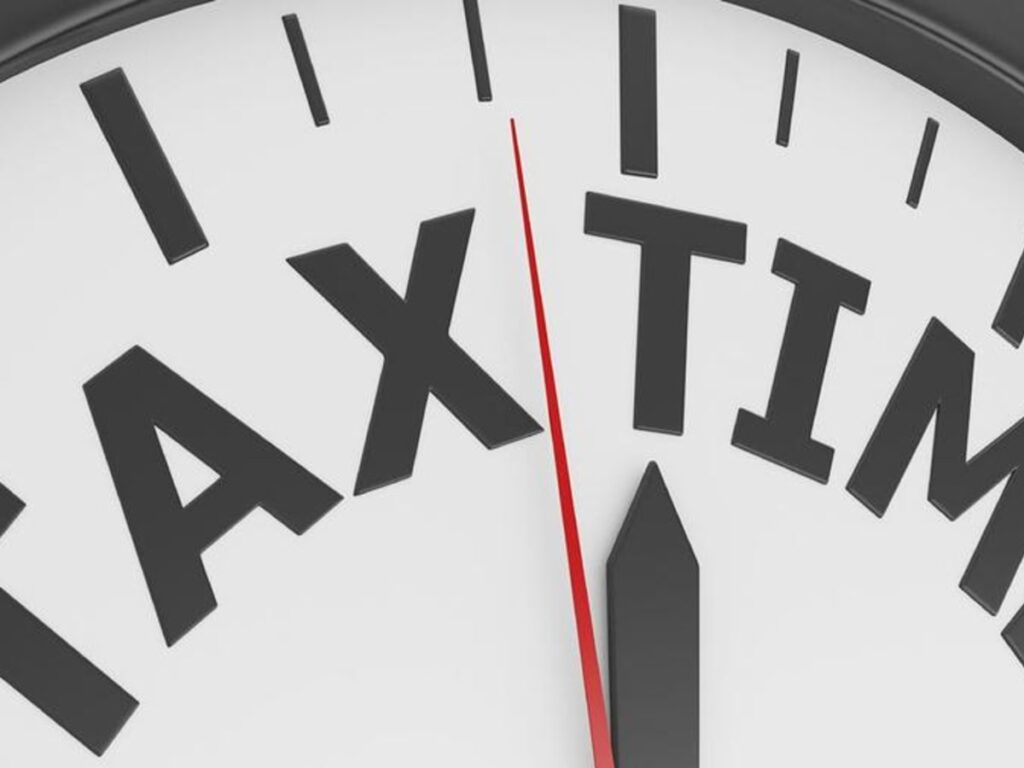Don't Miss These COVID-19 Tax Deductions and Credits

This tax season won’t be an ordinary season. There are a lot of changes that the taxpayer needs to look out for. Last year, there was a storm of legislation that was passed in order to cope up with the pandemic. Even by the end of 2020, the Consolidated Appropriations Act of 2021 was rushed to meet the expiration dates of some benefits.
Here is a list of legislation that you need to look out for this tax season.
Employee Retention Credit (ERC)
One of the best changes for this year is the availability of the Employee Retention Credit to borrowers who previously applied for PPP. The exclusivity of both programs against each other has now been repealed, presently allowing the borrower to claim both as long as they are not applied to the same payroll costs. The good news is that the PPP’s coverage is now expanded so that the loan may be applied to more types of expenses, leaving the payroll costs to be covered by the ERC. This allows the borrower to fully utilize the use of his loans.
Further, this provision was made retroactive by the law and thus, made applicable as if enacted during the CARES Act. This means even when you applied for PPP before, you are now qualified to apply for the ERC before the filing of tax returns.
Also, the credit was significantly increased as it was originally equal to 50% of qualified wages at $10,000 per year per employee paid by eligible employers. Now, it has increased to 70% of qualified wages at $10,000 any quarter per employee.
One thing to take note of is whether or not either your PPP proceeds or ERC proceeds cover the same payroll expense to avoid double-dipping. Otherwise, you may need to amend your tax returns.
Second Payroll Protection Program (PPP2)
The loan is now available to more entities such as Independent Contractor, Self-Employed Individual, 501(c)(3) nonprofit, 501(c)(6) organization, 501(c)(19) veterans organization, Housing cooperative, Tribal Business.
There are also new eligible costs to which you can apply the proceeds of the loan. Among them are Operations Expense such as software, accounting; Property Damage Cost; Supplies Cost; Worker Protection Expenses such as protective gear for the staff. These costs will qualify as eligible costs, whether they are incurred on, before, or after the date of enactment of the Consolidated Appropriations Act. This gives you time to claim them this tax season.
Unemployment Benefit Tax
The new Economic Impact Payments have been replenished with a $600 stimulus check for each individual. Congress has also increased weekly unemployment payments by $300 through mid-March, on top of state benefits. They also included the self-employed, independent contractors, and gig workers who will be able to qualify for it.
With the recent approval of the unemployment benefits at the federal level, confusion will certainly arise as the federal unemployment benefits are taxable while economic stimulus payments are not.
States vary on the taxability of unemployment benefits, so better be careful about this.
Some people may have chosen to withhold taxes from the benefit when they enrolled for unemployment with their state agency, but others who didn’t may owe the full tax amount when they file their 2020 return.
Recovery Rebate Credit
For those who are missing the full amount of their Economic Impact Payment, they can claim the remaining amount as a Recoverable Rebate Credit when they file their 1040 returns.
NOL 5 years Carryback
The net operating loss you incur in 2020 has a five-year carryback, but it is waivable. We advise you to wait. The TCJA is coming to an end and right around the corner is the implementation of higher tax rates. It could be better to carry a loss forward to oppose these increases.
Retirement
Another inclusion you should watch out for is one related to your retirement. If you pulled money out of your retirement account and are not looking to pay it within 3 years, you should pay one-third of the tax in your 2020 return.
Charitable deductions for non-itemizers
Even when you are not qualified for itemized deduction, you are qualified to make an above-the-line deduction for charitable contributions made in cash of up to $300.
Meal Expenses
One of the most anticipated change is the 100% reduction of meals for business, as long as it is expensed for business and taken in a restaurant. If you are a restaurant owner, it could help you to tell your customers that they are able to deduct 100% of the business meals they take in your restaurant. It’s a win-win scenario that helps the customer and the owner of the restaurant.
The tax season will be a hectic one so start talking to your tax accountant to plan out these changes, and take advantage of these credits.
